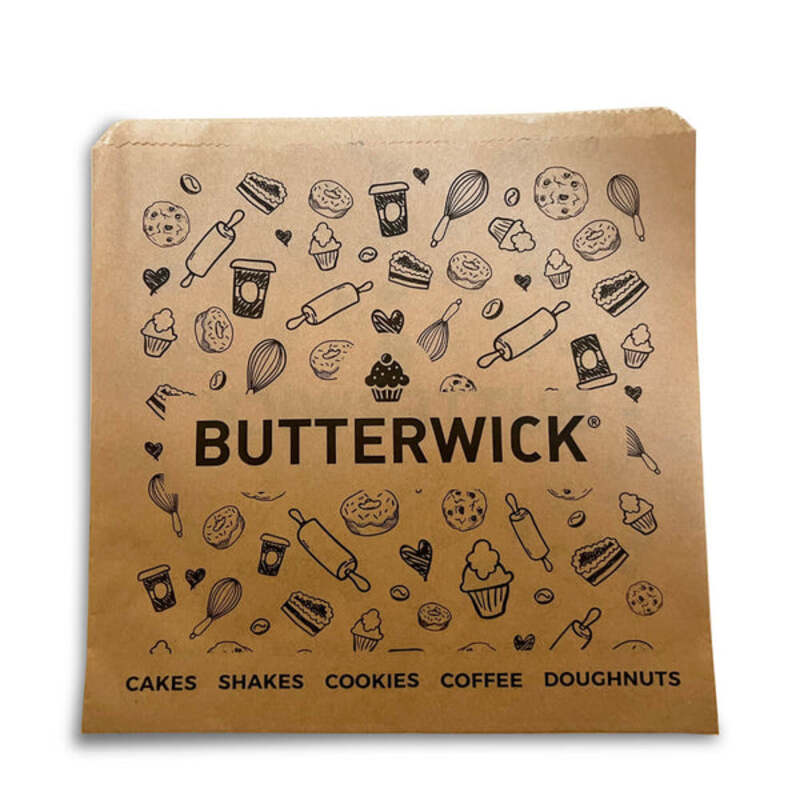The Impact of Bread Bags on Sustainability and Convenience
In our fast-paced world, convenience often takes precedence over sustainability. One seemingly innocuous item that embodies this trend is the bread bag. Typically made from plastic, bread bags are ubiquitous in grocery stores, serving a simple purpose to keep our loaves fresh and accessible. However, as environmental awareness grows, the implications of using such bags warrant a closer examination.
First and foremost, bread bags are designed to offer convenience to consumers
. They protect bread from contamination and staleness, ensuring we have fresh slices available for our morning toast or sandwiches. The ease of use cannot be understated; simply reaching for a loaf wrapped in plastic eliminates the need for additional storage solutions. Yet, this convenience comes at a significant cost to our environment.Plastic bread bags, like many single-use plastics, contribute to widespread pollution. After a mere few minutes of use, they often end up in landfills, where they can take hundreds of years to decompose. Even when recycled, many bread bags are not accepted by standard recycling programs due to their low economic value and the difficulty in processing them. As a result, millions of these bags contribute to the growing problem of plastic waste that clogs our oceans and harms wildlife.
bread bags

Fortunately, there are alternatives for the environmentally-conscious consumer. Several bakeries and health food stores are shifting away from plastic by packaging their bread in paper bags or even offering reusable cloth bags. These options not only reduce plastic waste but also provide a more sustainable choice for health-conscious individuals looking to minimize their ecological footprint. By embracing such alternatives, we can enjoy the same level of convenience without compromising our commitment to the planet.
Moreover, the rise of zero-waste stores encourages consumers to bring their own containers and bags when shopping for staples like bread. This movement promotes mindfulness and fosters a culture where individuals take responsibility for their consumption habits. By opting to bring a reusable bag to the store, consumers can significantly reduce the amount of single-use plastic they acquire. Such actions resonate on both personal and community levels, highlighting the importance of sustainability in our everyday choices.
Additionally, the bread industry itself is beginning to respond to environmental concerns. Some brands are exploring biodegradable or compostable packaging options, allowing consumers to enjoy their favorite products without the guilt associated with traditional plastic bags. Innovations in sustainable materials offer a promising solution to the plastic dilemma and reflect a growing understanding of the need for eco-friendly practices in food distribution.
In conclusion, while bread bags serve a practical purpose in our lives, they also exemplify the broader issues surrounding plastic waste and environmental sustainability. As we navigate the balance between convenience and responsibility, it is crucial to advocate for and adopt alternatives that lessen our environmental impact. From choosing paper or cloth bags to supporting brands that prioritize sustainability, each action contributes to a larger movement toward a cleaner, greener planet. By rethinking our relationships with everyday items like bread bags, we can foster a culture of sustainability that prioritizes the health of our planet alongside our conveniences. Through such collective efforts, we can create a future where convenience does not come at the expense of the Earth.



